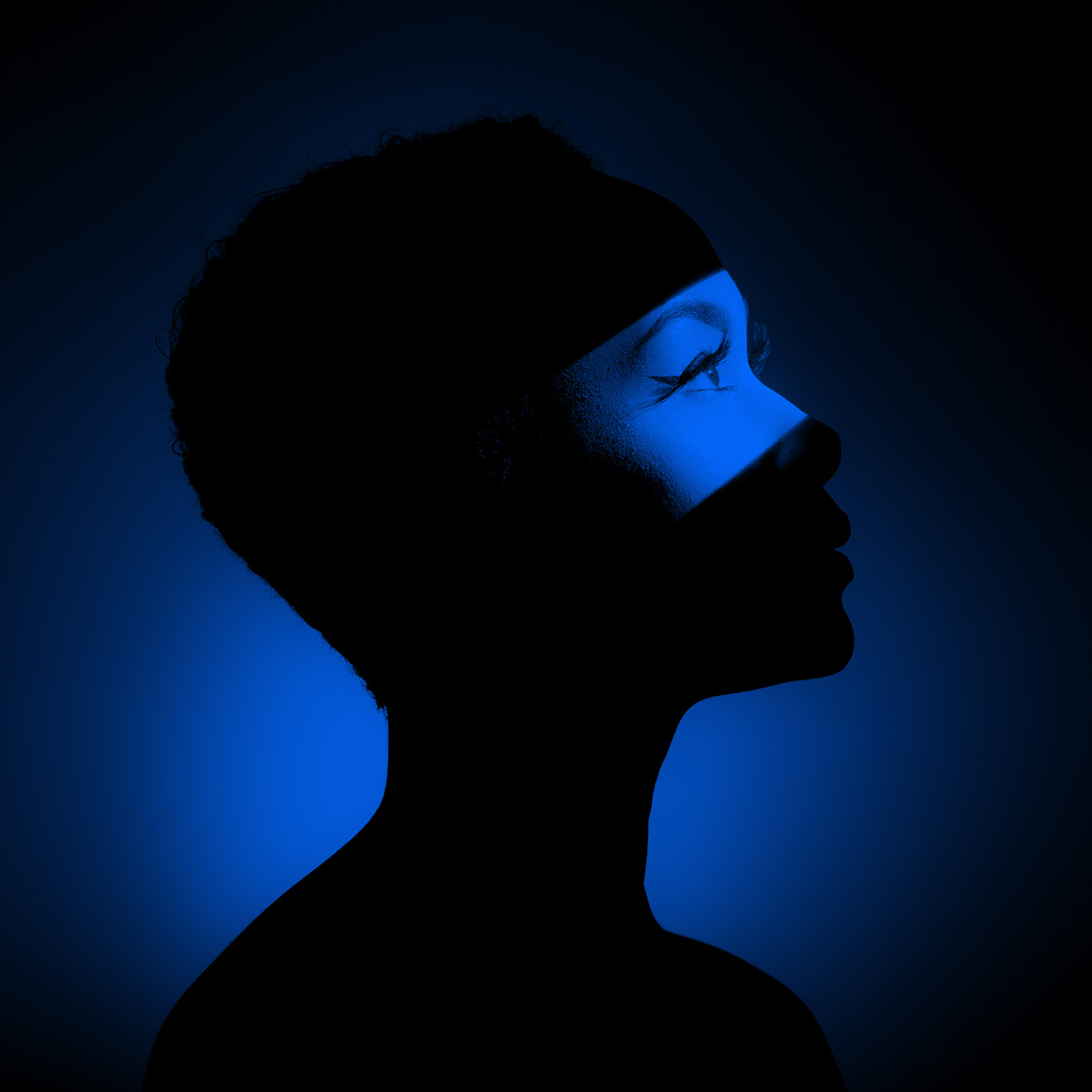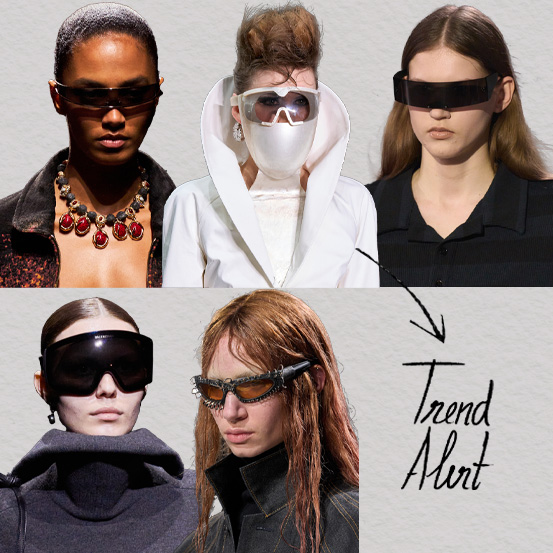What if the light from our screens were as damaging for the skin as the sunlight? The time we spend in front of computers, scrolling on social media, answering emails or texting friends may not burn but they carry an invisible enemy.
What if the light from our screens were as damaging for the skin as the sunlight? The time we spend in front of computers, scrolling on social media, answering emails or texting friends may not burn but they carry an invisible enemy.

As if the sun, pollution, climate change and bad eating habits weren’t enough, now the light from our smartphones, computers and tablets is also one of our skin’s enemies – this group of things to avoid is called the exposome and it is responsible for 80% of the skin aging. No big deal. Blanca Porto is a doctor and anti aging specialist at the Secret Beauty clinic, in Lisbon, and she explains that “more than ever, we spend lots of hours in front of screens that have this type of light and that causes the radiation to penetrate deeply into the layers of our skin, accelerating the damaged caused by free radicals”. This blue light (also known as visible light), is extremely concentrated and produces an amount of energy that can penetrate the dermis and epidermis, which means that it goes deeper than UVA and UVB radiation. And unlike what happens with sun exposure, the exposure to blue lights does not have immediate and visible consequences (like a sunburn) but, in the long run, it damages the DNA and leaves the skin more sensitive to the damages of sun exposure. “The consequences of the overexposure to this light include loss of elasticity, decreases in collagene, elastin and hyaluronic acid, damaging of the cell membranes and appearance of dark spots caused by an excess production of melanin and dehydration of the skin”, says the skin specialist.
A study conducted in 2017 by Unilever Skincare Research connected skin conditions like hyperpigmentation, wrinkles and dark spots with the amount of time spent in front of screens and another study by Accel and Qualtrics showed that millennials look at their screens around 150 times a day. Doing the math, we can’t deny that we spend a lot of time with our screens glued to our hands (when our faces aren’t glued to a computer screen). But the damages caused by fluorescent lights don’t happen just during the direct exposure to screen radiation. Last year, the Estée Lauder company conducted a study that revealed that when we are exposed to blue lights at night, our body receives the message that it isn’t time to go to bed. And if it is during sleep that our screen recovers and regenerates itself, the fluorescent lights don’t allow this cycle to proceed as normal. “The blue light tells our brain that it isn’t nighttime yet and suppresses melatonin production, causing sleep disorders. What we should be doing is turn off all devices at least one hour before bed”, Blanca Porto advises.
And be aware of the signs. The excessive heat that our phones produce – for exemple, during a long phone call – affects the production of melanin and can cause the appearance of dark spots in the side of the face. Not to mention that our phones are a perfect breeding ground for bacteria that, in cases of sensitive skin, can cause or aggravate acne or rosacea. Bonus tip: according to an investigation from 2014 published on Surgical Technology International magazine, that thing you do when you fold your neck to look down at your phone might be giving you a double chin. Yup, light isn’t the only problem caused by your phone.
Let’s get the facts straight. Screens are, more than ever, present on our day to day life and during more and more hours? Check. The light from those screens is highly damaging for our skin in the long run? Also check. But no need to panic. We know the future will continue to be bright, so we just need to amp up the protection. Antioxidants, for example, can be strong allies to fight free radicals and can easily be found in certain fruits like citrus and berries or in skincare products with ingredients like vitamin C, vitamin E, retinol or niacinamide. “Disconnect now would be utopic but before you smash all the screens around you, the best you can do is protect and prevent. The most fundamental measure you can take is use sunscreen everyday. Protecting yourself from the sun isn’t just for days when it is sunny or when you go out, you should use it on rainy days and even at home”, Blanca advises. And the skin specialist also says that “we should be extremely careful with light exposure after any aesthetic procedure to avoid hyperpigmentation”.
1. Multi-action fluid SPF30 Age Protect, € 34, Uriage.
2. Eye serum Morning Expert Open Eyes, € 38, This Works.
3. Moisturizing fluid SisleYouth Anti-Pollution, € 157,90, Sisley Paris.
4. Moisturizer SPF30 Invisible Physical Defense, € 55,45, Dermalogica.
5. Antioxidant serum C E Ferulic, € 127, SkinCeuticals.
6. Hydrating and antioxidant serum Advanced Night Repair, € 50,20, Estée Lauder.
Originally published on Vogue Portugal October 2020 issue, Into The Blue.
Most popular


Editorial | The Naif Issue, fevereiro 2026
03 Feb 2026

Relacionados





